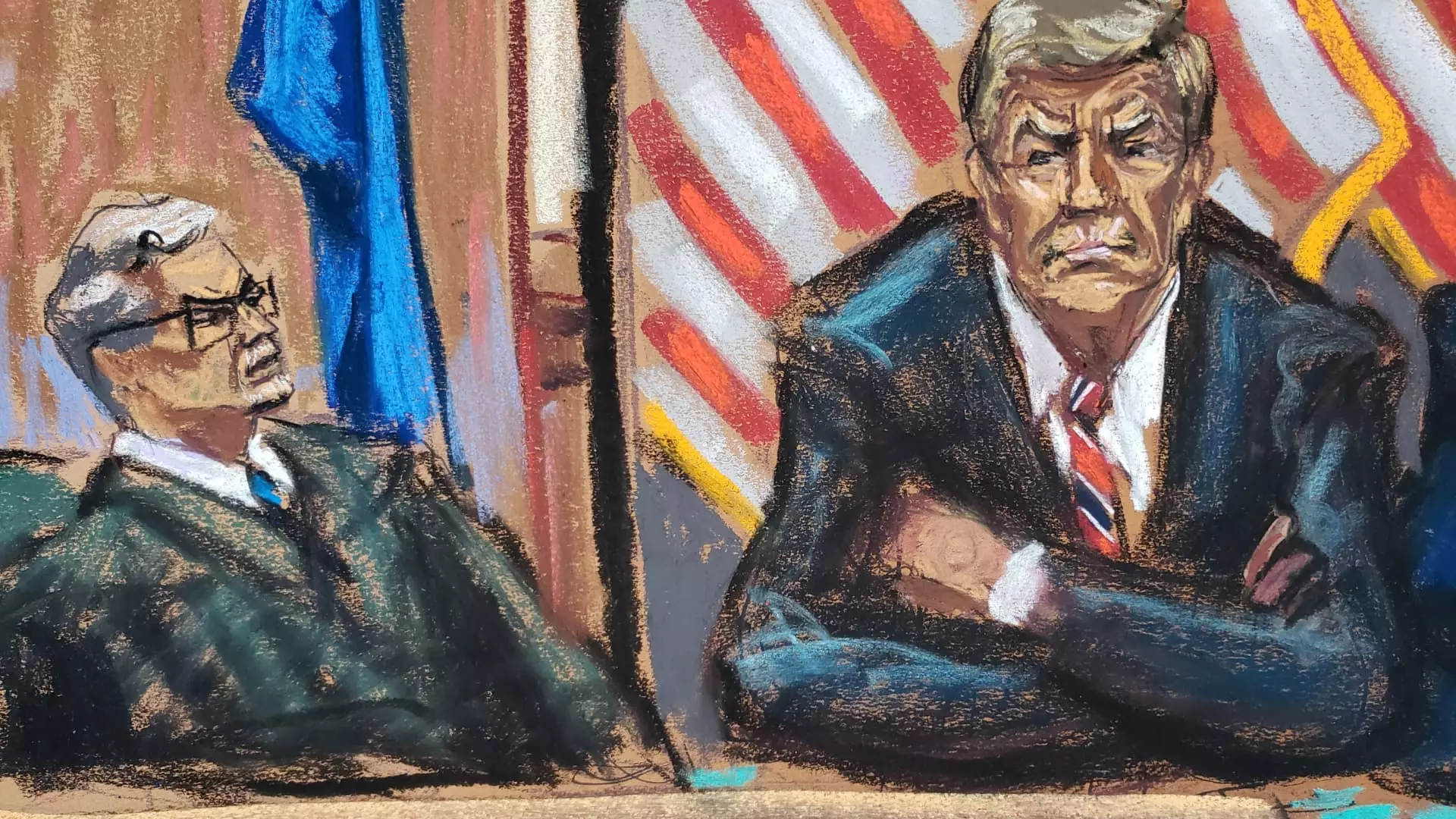In a significant development within the realm of law and politics, a New York judge has postponed a key ruling regarding President-elect Donald Trump’s criminal case related to hush money payments. Originally set to make a decision on whether to dismiss the guilty verdicts, Judge Juan Merchan now plans to issue his ruling on November 19. This delay comes just after the Manhattan district attorney sought additional time to assess the implications of Trump’s recent electoral victory on the ongoing legal proceedings.
The criminal case at the center of this controversy involves 34 counts of falsifying business records, a situation stemming from payments made to adult film actress Stormy Daniels shortly before the 2016 election. Trump’s defense team, referring to a recent U.S. Supreme Court ruling granting immunity to former presidents for actions undertaken while in office, argues that this precedent could impact the legitimacy of his conviction. However, the Manhattan District Attorney Alvin Bragg has countered that the Supreme Court’s decision does not hold relevance for Trump’s particular case, illustrating the often complex interplay between legal interpretation and political context.
The Role of the Recent Election
Adding another layer of complexity, just three days post-election, Trump’s legal counsel requested a pause in procedural efforts linked to the case, arguing that the election results necessitate a reevaluation of how the courts should proceed. The DA’s office has recognized the uniqueness of this situation, acknowledging in communications that the arguments presented by Trump’s attorneys require thoughtful consideration. These developments underscore the notion that legal systems are not operating in a vacuum, but rather are significantly affected by political dynamics and electoral outcomes.
Herein lies the challenge facing Judge Merchan: balancing the established jury verdict against the backdrop of unprecedented political circumstances. The intertwining of Trump’s governmental role with his legal predicaments raises questions about the potential repercussions if the court were to ignore the implications of his election victory. Prosecutor Matthew Colangelo expressed hesitance and consideration regarding the tension between upholding a jury’s decision and recognizing the weight of a presidential office, highlighting the delicate nature of judicial discretion in high-stakes cases.
Ultimately, this scenario serves as a stark reminder of how individual cases can have broader implications for governance and public trust. For many, Trump’s legal struggles and the subsequent rulings will not merely be viewed as courtroom dramas but as reflections of the health of democratic institutions. The delayed ruling thus resonates far beyond the courtroom, symbolizing a pivotal moment where the intersection of law and politics is being scrutinized, raising questions about accountability, transparency, and the rule of law in America’s political landscape.
The legal proceedings against Donald Trump provide a unique case study, warranting careful observation as further developments unfold. The upcoming ruling holds significance not only for Trump personally but also for the broader interpretation of legal and political norms in a rapidly evolving landscape.

Leave a Reply